Made for weekend football games, evening television shows and morning newspapers, no other piece of furniture evokes a sense of nostalgia like La-Z-Boy. Call it a couch potato chair or an indicator of a man cave, but many people surely have a distinct memory of one.
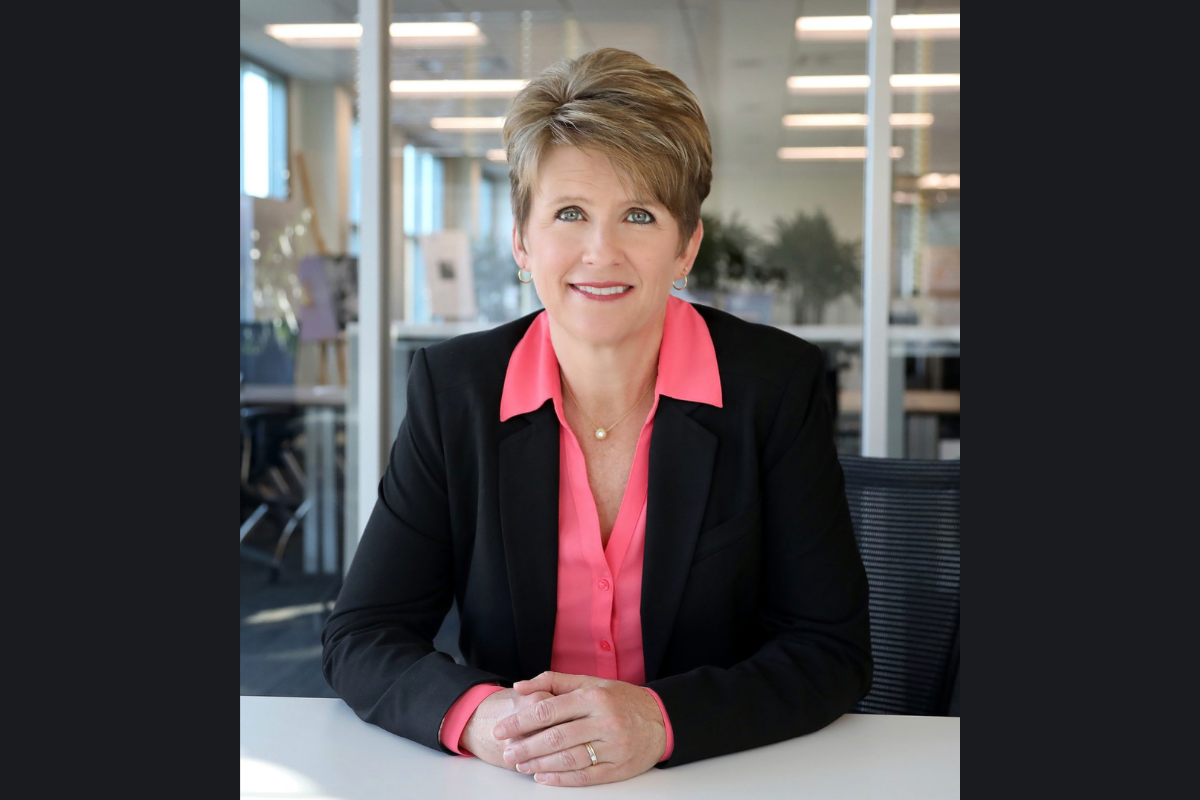
CEO Melinda Whittington wants to leverage this emotional connection as the brand sits on the edge of turning 100. She sees it as the perfect time to remind the world of how La-Z-Boy became a household name. By fine-tuning the company’s strategy, she aspires to bring the “transformational power of comfort” to an even broader audience.
“We have phenomenal assets that maybe need a little refresh from time to time,” she tells The CEO Magazine. “However, we will never pivot in a totally different direction.”
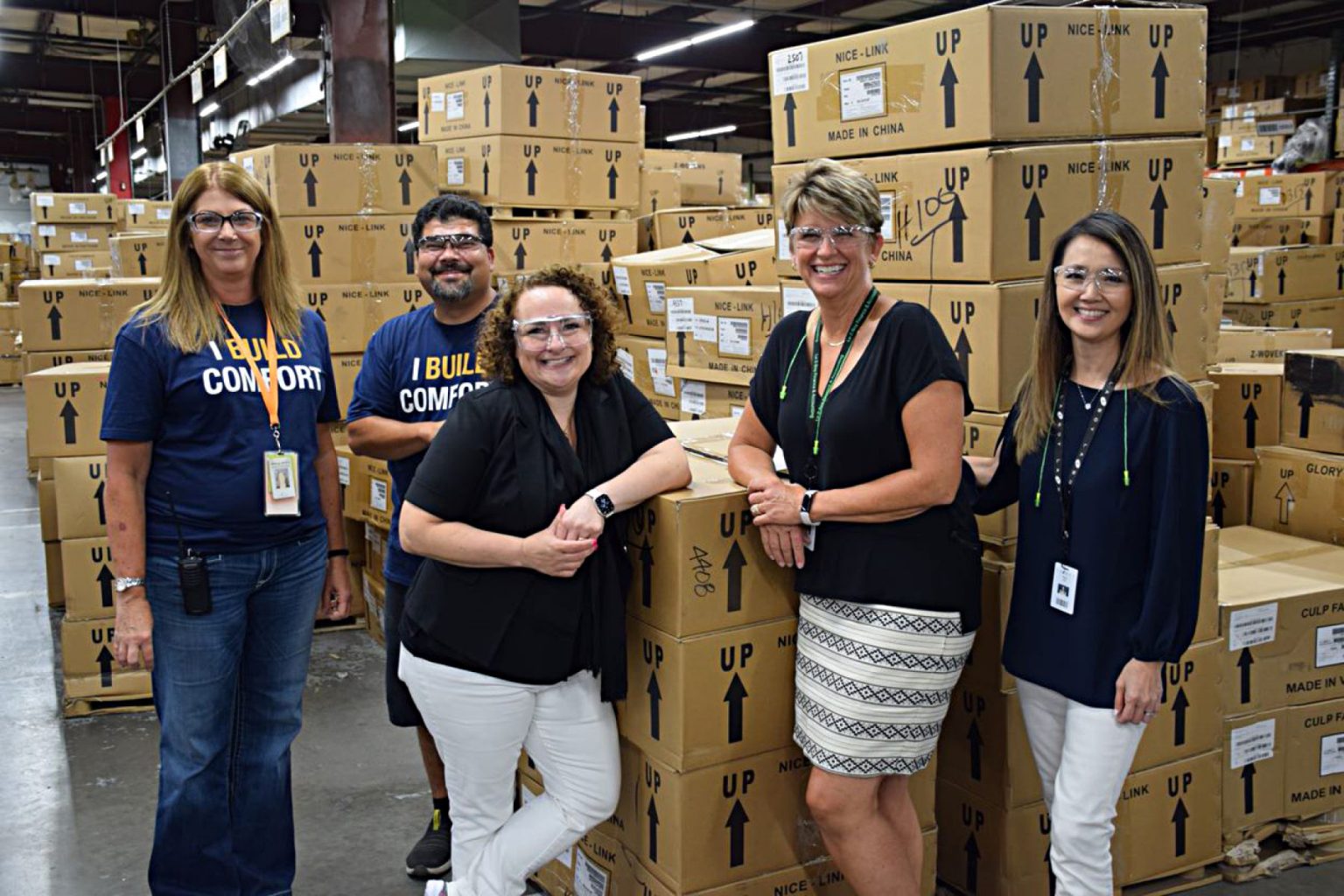
Whittington’s favorite word is agile, making her a perfect fit for a heritage brand that has stayed afloat due to its flexibility. During the Great Depression, La-Z-Boy’s Founders, cousins Edward Knabusch and Edwin Shoemaker, accepted meat, corn and cows as supplements for cash. Throughout World War II, the company made war-related equipment, resuming its usual production in 1946.
Currently, Whittington is dealing with post-pandemic issues after facilities shut down and the company was backed up by supply chain disruptions.
She is also driving continuous improvement and re-evaluation. As someone who switched positions every few years during her two decades at Proctor & Gamble, she knows malleability is king – especially when it comes to manufacturing.
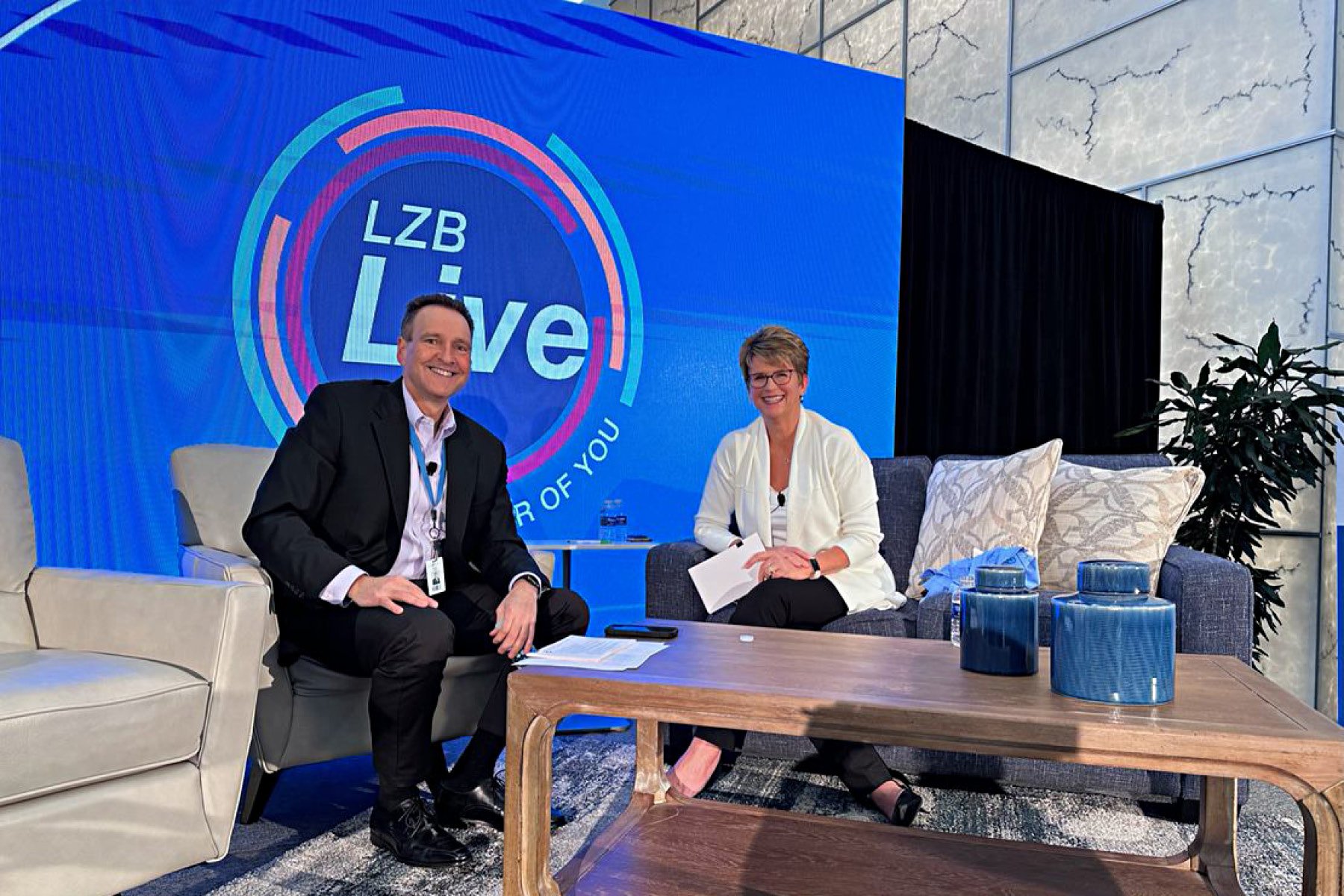
We have phenomenal assets that maybe need a little refresh from time to time. However, we will never pivot in a totally different direction.
Supply chain issues
La-Z-Boy makes almost all of its furniture in North America, yet its supply chain is vast – think 100-plus parts for a single chair – and global. She wants the company to be prepared instead of in survival mode the next time an economic disaster arises.
“As the dust settles, our job is to take everything we learned and use it to plan for future disruptions,” she explains of lessons learned from the COVID-19 pandemic.
Successfully building products whose ingredients come from remote countries requires solid communication. Whittington makes sure there are boots on the ground in every factory to ensure ethical responsibility. Yet even if touching base is done virtually, it must be done almost daily.
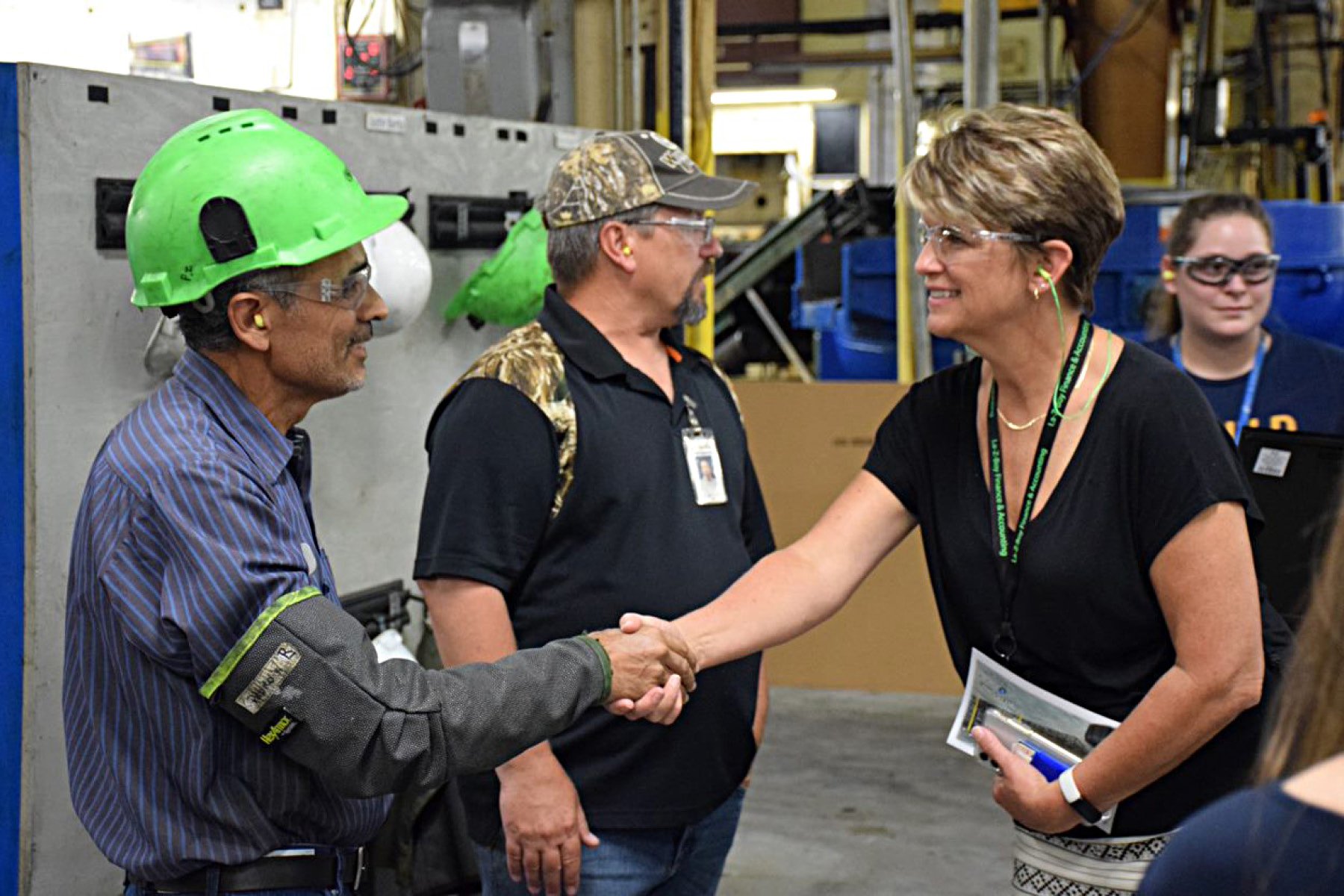
As the dust settles, our job is to take everything we learned and use it to plan for future disruptions.
In an industry where most furniture is an import with a long lead time or looks similar to everything else on the market, La-Z-Boy has the opportunity to stand out by being itself. Whittington is focused on what made the company successful: customized furniture for the masses, delivered in two months or less.
After months of orders getting backlogged, setting expectations is another must.
“We’re constantly assessing the scorecard to decipher how to have enough suppliers, but not too many, so they also consider you a priority,” she reveals.
Identifying a target
With the start-and-stop nature of an industry where business tends to go gangbusters and then stagnate, data is another secret weapon. The company is also at the mercy of nature when it comes to products such as foam, whose production can be halted by hurricane season.
As a numbers person, Whittington uses spreadsheets to solve problems – and eliminate unnecessary emotions. By thinking even further ahead about orders and being honest about sales, she aspires to avoid hard feelings.
“Once you know what you’re aiming for, then you understand what’s controllable,” she explains.
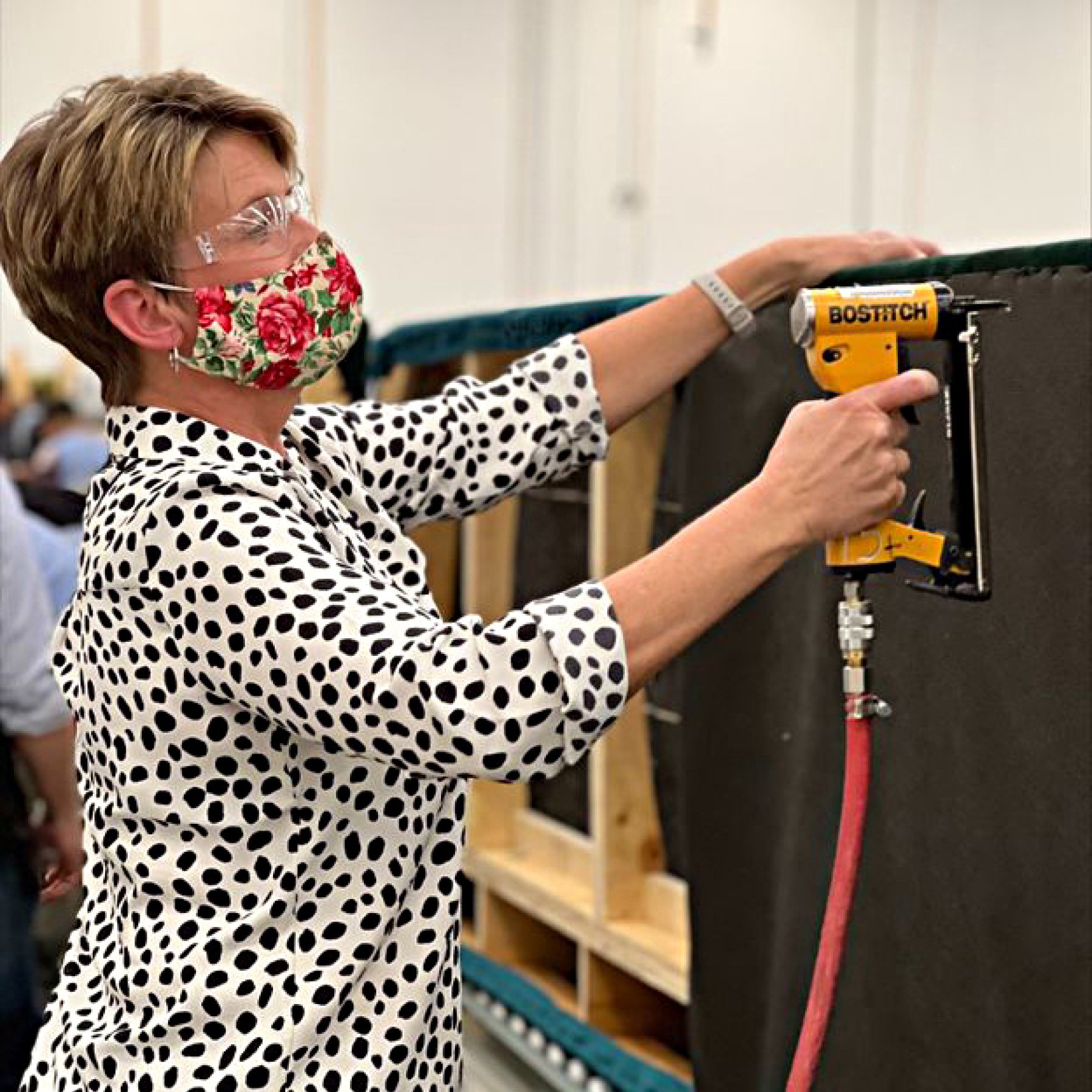
Once you know what you’re aiming for then you understand what’s controllable.
While La-Z-Boy has placed an emphasis on ecommerce in recent years with the acquisition of its cutting-edge brand Joybird, most people still purchase furniture in person. Therefore, as the company increases focus on consumers and data to monitor customer service, it is paying even more attention to the independent owners of its furniture galleries.
Like with any licensee of a well-known product, the experience has to feel seamless from the moment a customer walks in. Yet Whittington wants a win–win situation with the ambassadors to galvanize their motivation.
“Our goal is to be clear about the activities we need a licensee to take on, but also make sure they benefit as well,” she points out.
Company values
People, structure and a strong guiding principle make up the foundation of Whittington’s new plan. In taking on her role as CEO, she had to determine what keywords she wanted as its values. Compassion, courage and curiosity are the new guiding light.
“We must have the compassion to continue to be a good corporate citizen, the courage to face challenges and not delude ourselves, and the curiosity to always get better,” she confirms.
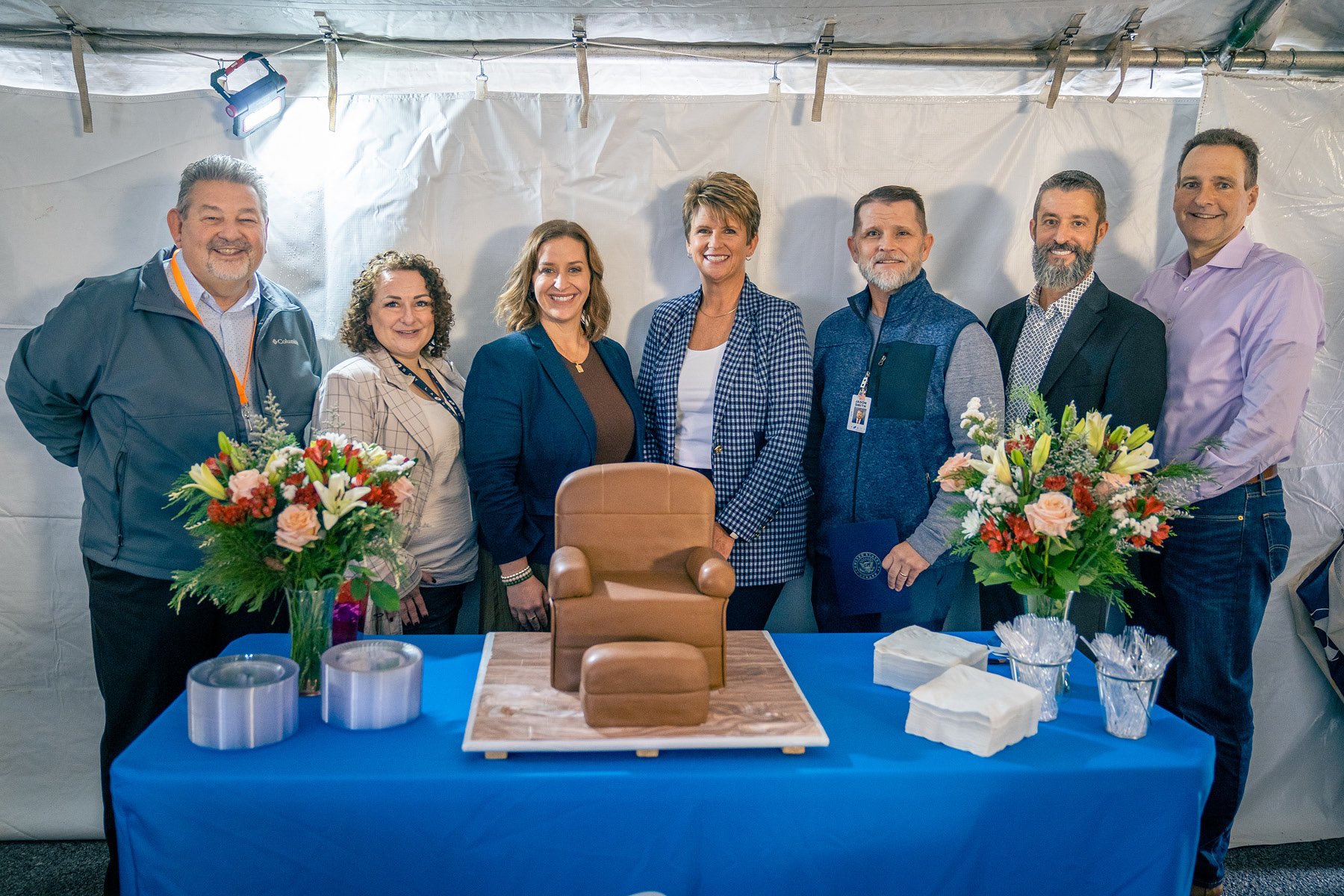
I find it energizing to look at leadership as a way to impact your business, the people around you and the environment as a whole, especially during a challenging time.
Whittington also had to determine the kind of leader she wanted to be, and she wants her legacy to be more than just being the first woman in this role. As much as changemaker has a nice ring to it, she isn’t one to shake things up without reason. After all, she did spend the bulk of her career at Proctor & Gamble, an almost 200-year-old company known for household staples.
The word she settled on is collaborative, which speaks as much to her colleagues as it does La-Z-Boy’s customers. She aims to create a loyal audience that will last long beyond her tenure instead of the thrill of a quick win.
“I find it energizing to look at leadership as a way to impact your business, the people around you and the environment as a whole, especially during a challenging time,” she says.


